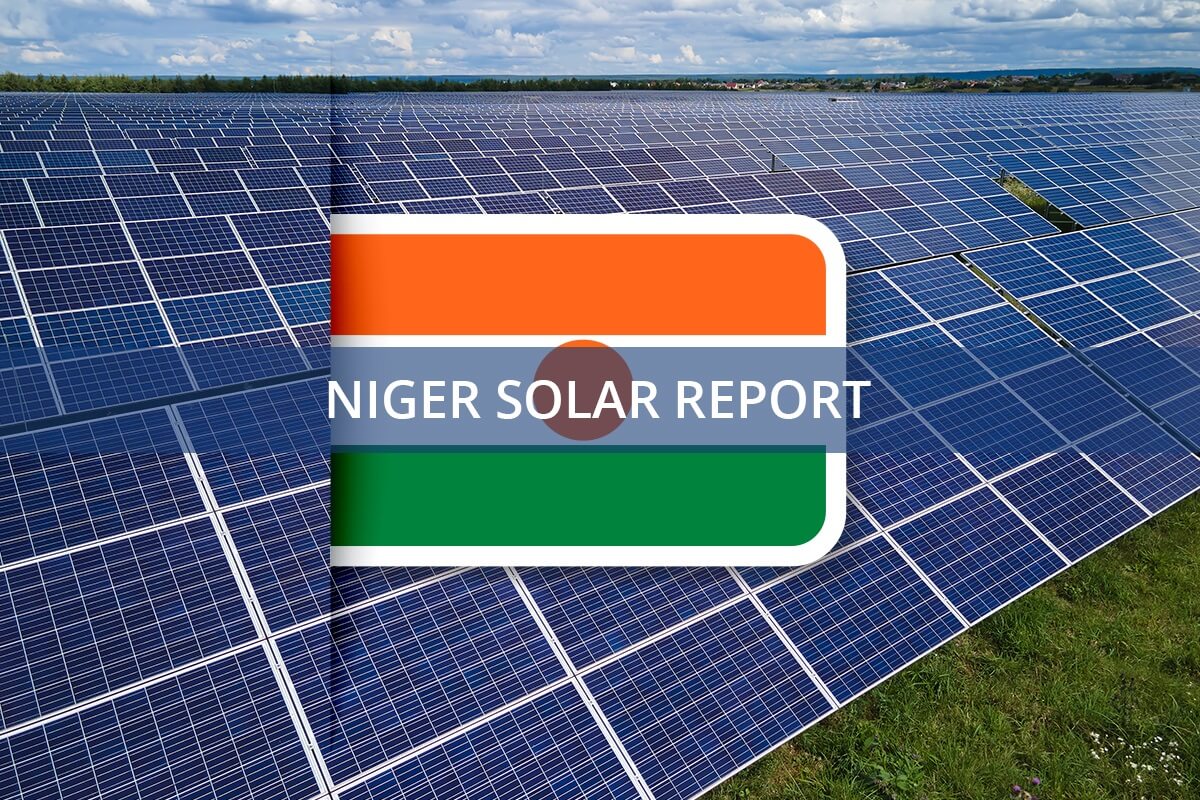Nigeria solar panel ban aims to boost local solar panel production
Nigeria is taking a significant step toward supporting local solar panel producers by considering a ban on imports, a move aimed at promoting renewable energy within the country. This initiative is part of the Federal Government’s broader strategy, encapsulated in the National Renewable Energy and Energy Efficiency Policy (NREEEP), to encourage domestic production and reduce the nation’s dependence on imported renewable energy products.
The government’s plan to restrict solar panel imports is not just about promoting local manufacturing; it is a decisive move to address Nigeria’s energy crisis. By fostering local manufacturing, the government aims to create jobs, stimulate economic growth, and increase the share of renewable energy in Nigeria’s energy mix. For more insights on how this ban can boost local production, check out Nigeria solar panel ban: 5 Essential Steps to Boost Local Production.
Economic and job creation opportunities from Nigeria solar panel ban
The proposed ban on solar panel imports is expected to create thousands of jobs in the manufacturing sector. By establishing a local supply chain for solar panels, Nigeria can create new opportunities for entrepreneurs, engineers, and technicians. This strategy aligns with global trends where countries are increasingly investing in domestic manufacturing to enhance energy independence and sustainability, as seen in other regions like the United States, which is also focusing on “Made in America” solar panels for its renewable projects.
Additionally, the World Bank has granted the Federal Government of Nigeria a $750 million loan to offer subsidies to solar mini-grid developers and operators nationwide. This financial boost is expected to further energize the local solar market, providing the necessary support for infrastructure and innovation (Nigeria to Improve Power Supply Through Solar With $750M).
Nigeria solar panel ban supports a broader vision for renewable energy
Nigeria aims to have solar energy account for 19% of its electricity generation mix by 2030, a goal supported by initiatives like the Nigeria Electrification Project (NEP). This project plans to develop 1,200 mini-grids, benefiting 200,000 households and 50,000 businesses, indicating a strong and continued demand for solar energy solutions in the years to come. For a detailed market analysis, you can explore the Nigeria Solar Panel Manufacturing Report | Market Analysis and Insights.
The move to bolster local manufacturing is not just about energy independence but also about economic resilience. With projects like the solar irrigation initiative set to save Nigeria N413 billion by replacing fossil fuel-powered pumps with clean energy alternatives, the country is poised to improve agricultural productivity while reducing its carbon footprint (Solar Irrigation Project to Save Nigeria N413 Billion).
In conclusion, Nigeria’s consideration of a solar panel import ban represents a pivotal moment in its renewable energy journey. By leveraging local resources and fostering a robust manufacturing sector, Nigeria is not only aiming to meet its energy needs sustainably but also setting a precedent for other nations tackling similar challenges.

